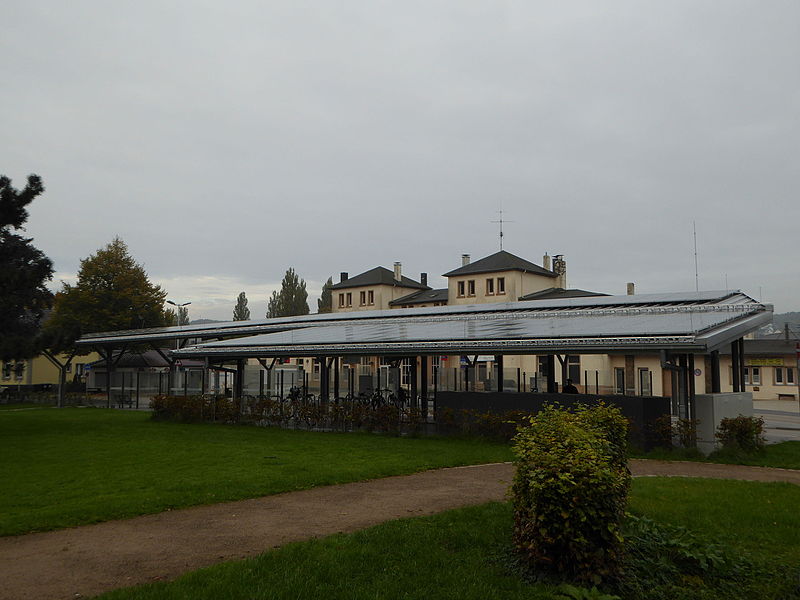A Boston Grocery Store is Stepping Up to Reduce Food Waste and Increase Food Security

The Daily Table is a grocery store in Boston that is revamping the way local residents eat, and in the process helping to reduce food waste. People in the area aren’t able to afford healthy foods, which negatively affects their weight and health, plus grocery stores are notoriously wasteful because consumers misunderstand “sell-by” dates. The store is able to provide sales on produce and other healthy options by utilizing excess food from growers and manufacturers, while also selling items that are near or just past their “sell by” dates. These dates have no affect on food safety, which is a common misconception. Hopefully, this practice will catch on and food waste will be greatly reduced while struggling families are given access to cheaper, healthy options.
Loss of Pollinator Populations Threaten Our Food Supply
 Climate change, pesticide exposure, and habitat destruction are all contributing to the decline in populations of bees, butterflies, birds, bats, etc, on whom the agriculture industry relies on to pollinate crops. According to the U.N. report, crops that need to be pollinated make up 35% of global crop production. If pollinator populations continue to decline, our food supply may be in danger. Encourage safer practices by buying food from growers using sustainable agriculture, plant wildflowers and gardens to support pollinator populations, or even start your own hives where appropriate.
Climate change, pesticide exposure, and habitat destruction are all contributing to the decline in populations of bees, butterflies, birds, bats, etc, on whom the agriculture industry relies on to pollinate crops. According to the U.N. report, crops that need to be pollinated make up 35% of global crop production. If pollinator populations continue to decline, our food supply may be in danger. Encourage safer practices by buying food from growers using sustainable agriculture, plant wildflowers and gardens to support pollinator populations, or even start your own hives where appropriate.
An Elementary School Leads the Way in Net-Zero Learning
 An elementary school in Utah called Odyssey Elementary utilizes energy saving tools such as solar panels, LEDs, the earth’s heat, and low-flow sinks to become the first net-zero school in the state. The school saves massive amounts of its utility bills, and has a become a shining example of the benefits of an environmentally friendly building. The students have a hands-on learning space, where they are encouraged to exercise and learn about their surrounding environment. It is such an encouraging idea that a school can be environmentally friendly, engage children in learning, and still save money!
An elementary school in Utah called Odyssey Elementary utilizes energy saving tools such as solar panels, LEDs, the earth’s heat, and low-flow sinks to become the first net-zero school in the state. The school saves massive amounts of its utility bills, and has a become a shining example of the benefits of an environmentally friendly building. The students have a hands-on learning space, where they are encouraged to exercise and learn about their surrounding environment. It is such an encouraging idea that a school can be environmentally friendly, engage children in learning, and still save money!

Comments are closed.